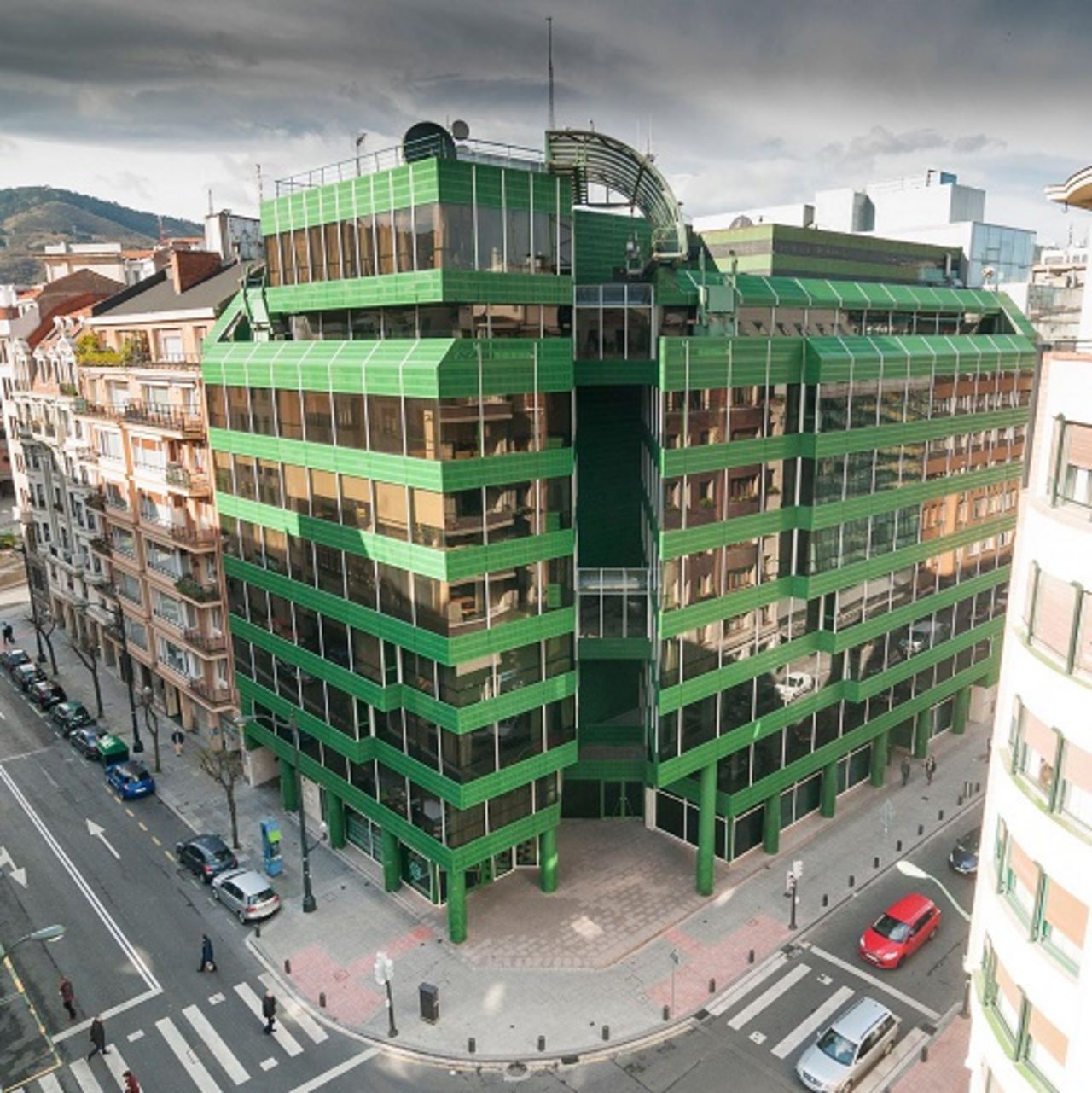Cámarabilbao University Business School
Partner University of HSBA
About Cámarabilbao University Business School
Bilbao is located in the Basque Country. If you want to get to know a completely different Spain and perfect your Spanish, this is the place for you! The EUCCB was started in 1990 by the Bilbao Chamber of Commerce and is now affiliated to the Universidad del País Vasco (University of the Basque Country). It stands out for its personalised service, small groups, regular tutorials and coaching sessions and close links with the business world. Over 70% of the lecturers have experience in management positions. A good knowledge of Spanish is essential at this university, as its Spanish-only website suggests. The university is located right in the centre of the city on Plaza Moyua, just a ten-minute walk from the Guggenheim Museum. The specialisations offered at the EUCCB are "Marketing and Business Communication" and "Internationalisation and Logistics".
Link to EUCCB Website
Link to page for Exchange Students at EUCCB
Interested in a semester abroad at this institution? Please contact the HSBA International Office at international(at)hsba.de and request access to the "Outgoings" team where you will find relevant information on this destination such as semester dates, course lists, experience reports, the number of places available and more.

